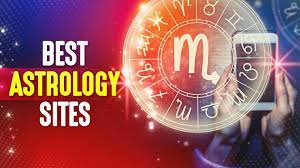Astrology has captivated human curiosity for best astrologer in new york centuries, offering a lens through which we perceive our lives and the universe. Defined as the study of the movements and relative positions of celestial bodies interpreted as having an influence on human affairs and natural phenomena, astrology remains a deeply ingrained aspect of various cultures worldwide.
The Origins of Astrology
The origins of astrology can be traced back to ancient civilizations such as Mesopotamia, China, India, and Egypt, where celestial movements were closely observed and correlated with earthly events. Babylonian astronomers were among the first to develop a system of astrology, associating planetary movements with events on Earth.
The foundation of Western astrology largely stems from the Hellenistic period, where the Greeks contributed significantly to the development of astrological concepts. Pioneers like Ptolemy formulated theories on the correlations between planetary positions and human behavior, laying the groundwork for the astrological principles that persist today.
Understanding Astrological Principles
At its core, astrology operates on the belief that celestial bodies’ positions and movements at the time of a person’s birth can provide insights into their personality, behaviors, strengths, weaknesses, and potential life events. The birth chart, also known as a natal chart or horoscope, serves as a map of the sky at the precise moment of an individual’s birth.
The zodiac, consisting of twelve signs, plays a fundamental role in astrology. Each sign corresponds to specific constellations and represents different characteristics and archetypes. A person’s sun sign, determined by the position of the sun at birth, is the most commonly known aspect of astrology. However, an individual’s astrological profile comprises multiple placements, including the moon sign, rising sign (ascendant), and the positions of other planets in various houses.
